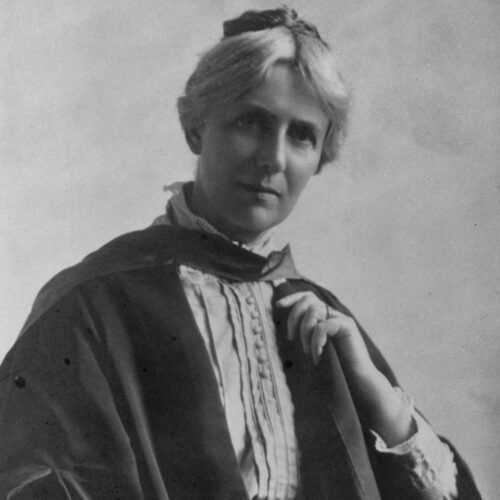

Millicent Mackenzie was a pioneering educationist and suffragist, who – alongside her husband, John Stuart Mackenzie – gave significant support to the early organised humanist movement. A dedicated promoter of moral, rather than religious, education, Millicent Mackenzie was one of the Union of Ethical Societies’ (now Humanists UK) earliest Vice Presidents. She was also Wales’ first female professor, and the first woman in Wales to stand for election to Parliament.
Hester Millicent Hughes was born in Bristol, and educated there and in Switzerland. She later enrolled at University College Bristol – then still in its early years – and became involved in educational work and political activity. Like many within the early humanist movement, she was drawn to adult education, and to socialism: acting as head of a working men’s school, and becoming close to leading figures within the Independent Labour Party. In 1888, she entered the Cambridge Training College, firmly establishing herself in the vocation which would animate her life.
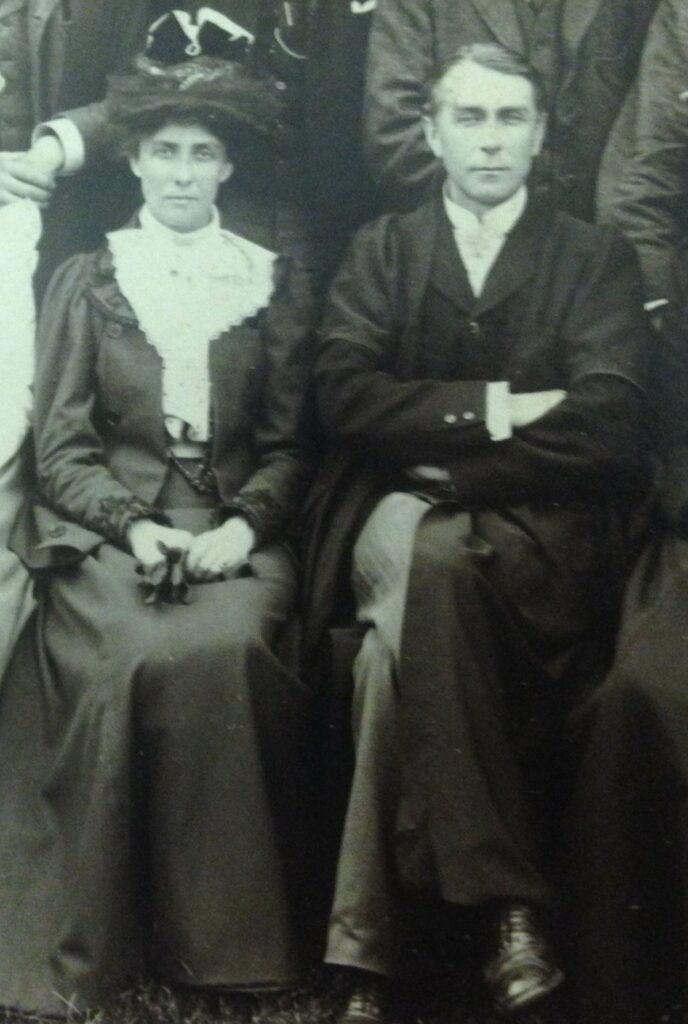
In 1898, Millicent Hughes married philosopher John Stuart Mackenzie, who had been a founding member of the UK’s first ethical society, and would later become the Union of Ethical Societies’ first President. Mackenzie had also been a founding member of the Cambridge Ethical Society, established in 1888. That Society’s final committee included pioneering Welsh educationist Elizabeth Phillips Hughes, a lifelong friend of Millicent’s, who had studied under Hughes at the Training College.
By the time of their marriage, Millicent had been employed by the University College of South Wales and Monmouthshire (now Cardiff University, where John Stuart Mackenzie also taught) for seven years. In a move supported by her husband, she obtained special permission to continue in her post upon marriage, and became an associate professor of education in 1904. When, in 1910, she was made a full professor, she became the first woman in Wales to hold the title.
Millicent and John Stuart Mackenzie jointly retired from the university in 1915, but continued in their unstinting devotion to social and educational improvement. Both were active members of the Moral Instruction League (and delegates to the First International Moral Education Congress in 1908), and both contributed regularly to the International Journal of Ethics. Actively committed to women’s enfranchisement, Millicent was also a founding member and Vice President of the Cardiff and District Women’s Suffrage Society, as well as a co-founder of Cardiff’s branch of the British Federation of University Women. In 1918, Millicent Mackenzie stood for election to Parliament for the University of Wales – the first woman in Wales to do so, and the only woman that year. Suffrage newspaper The Common Cause quoted her as saying:
Women have won the vote, let them see to it that it is used to forward the highest interests of humanity.
The Common Cause, 13 December 1918
Though defeated by the Liberal candidate, she had sought to emphasise the importance of women’s participation in national life, just as her professorial career had illustrated their vital role in the academic and educational spheres. In the same year, she was elected Vice President of the Union of Ethical Societies (now Humanists UK).
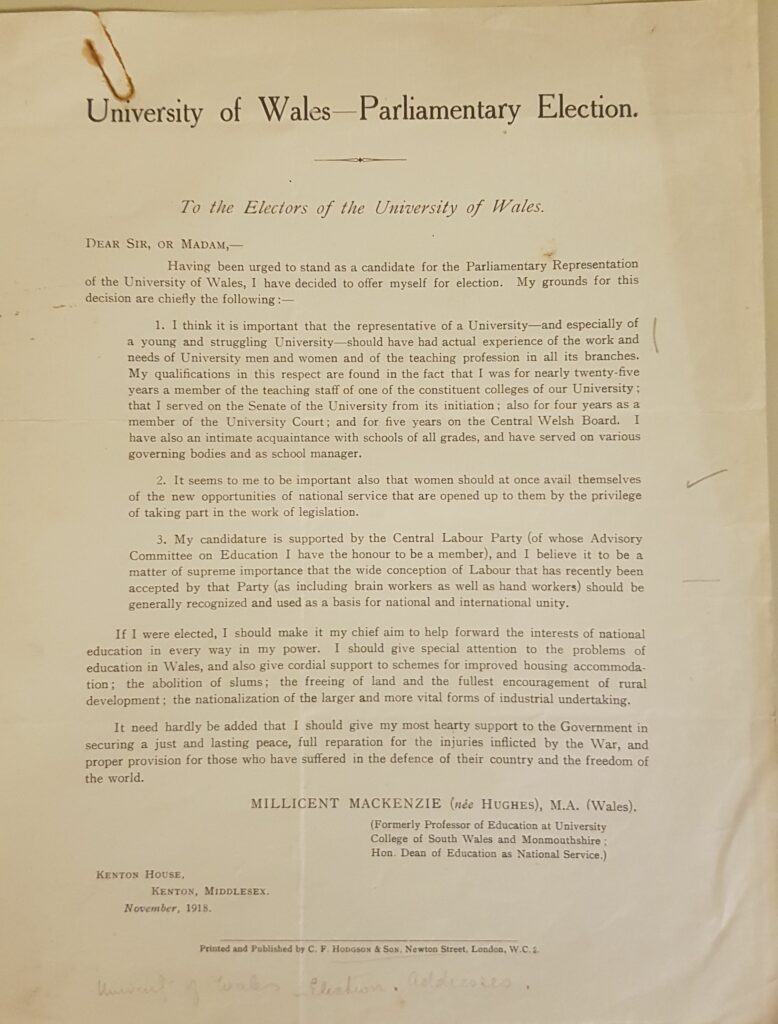
The Mackenzies lived their final years in Upfield Cottage, Brockweir, where John Stuart Mackenzie died on 6 December 1935. In his memory, Millicent financed the building of a new village hall for Brockweir, which she named for him. Millicent Mackenzie died at home on 10 December 1942, and was cremated at Arnos Vale Cemetery in Bristol.
As well as being a pioneer in the fields of women’s work and political involvement, Millicent Mackenzie was a driving force during the earliest decades of the organised humanist movement. As a key part of the Moral Instruction League, Mackenzie actively advocated for the introduction of moral, rather than religious, education in schools – a central concern of the Union of Ethical Societies from its foundation in the late 19th century. Moral instruction epitomised the societies’ belief that ethical behaviour was entirely distinct from religious conviction, and the League marked the beginning of efforts for a secular, inclusive education system which continue in the work of Humanists UK today. Mackenzie’s own activism, for education and for human rights, was motivated by a sense of civic responsibility and concern for others, values equally central to the humanist educational philosophy she held and advanced.
Hester Millicent Mackenzie | 100 Welsh Women
The UK’s First Female Professor: Millicent Mackenzie | Cardiff University
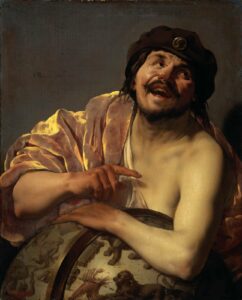
Everywhere man blames nature and fate yet his fate is mostly but the echo of his character and passion, his […]

Humanism is a philosophy of life based on a concern for humanity rather than a belief in god. Humanists believe […]
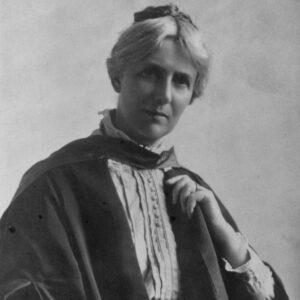
Millicent Mackenzie was a pioneering educationist and suffragist, who – alongside her husband, John Stuart Mackenzie – gave significant support […]
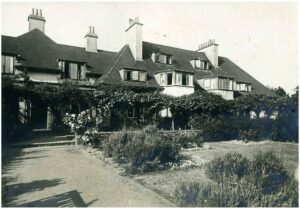
Prior’s Field School was founded in 1902 by Julia Arnold Huxley. Born in 1862, Julia grew up in an intellectual […]